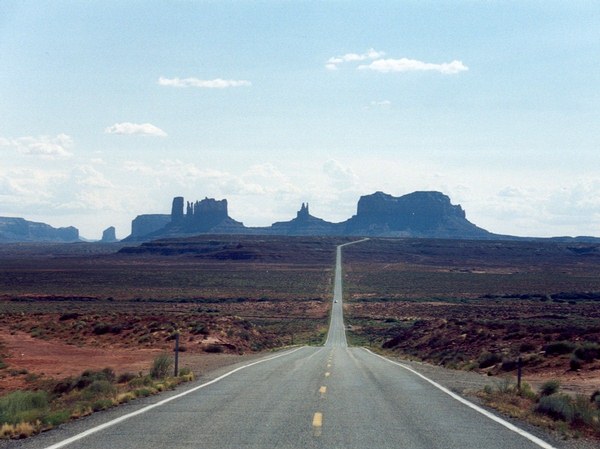 Much of the discussion about the recent investigative reports of the implication of the emails released from the University of East Anglia last fall have been hyperbolic in the extreme. Some have cried whitewash! Others seem to recommend elevating the relevant climate scientists for sainthood. As is typically the case as related to climate debates, reality is not to be found colored in stark black and white, but rather in the more complex shades of gray.
Much of the discussion about the recent investigative reports of the implication of the emails released from the University of East Anglia last fall have been hyperbolic in the extreme. Some have cried whitewash! Others seem to recommend elevating the relevant climate scientists for sainthood. As is typically the case as related to climate debates, reality is not to be found colored in stark black and white, but rather in the more complex shades of gray.It is thus encouraging to see the Financial Times strike exactly the right note on this episode, which, along with the thoughtful perspectives of Fred Pearce and Roger Harrabin, brings a much needed sense of proportion to the issue. Here is an excerpt from the FT editorial today:
The e-mails revealed intellectual arrogance and reluctance to engage critics: climate change sceptics were denied access to CRU data. Some e-mails seemed to imply professional deceit. The controversy rattled climate science. The CRU is small, but important. Some of its members have taken leading roles at the Intergovernmental Panel on Climate Change.The East Anglia emails do not show that climate scientists are criminals or frauds, but they do show the implicated scientists failing to uphold fairly basic norms of science. Given the hyperbolic reactions, it would not be a surprise to see the activist climate scientists once again start trying to overplay their hand , as hubris seems to be endemic to the field. At the same time, the most vocal critics of the climate science community are unlikely to back down, and will no doubt find in the recent investigations fresh fuel for their fury.
A report into the affair, published this week, criticised the CRU employees. They failed to display the “proper degree of openness” required of scientists and were “unhelpful and defensive” in response to reasonable requests for information.But the report found no evidence that the CRU employees’ biases polluted their output. Accusations that they cherry-picked statistical results have been knocked down. Furthermore, persistent sceptics would have been able to access most of the data by other means. But the episode has proved damaging for climate science.
There is dispute among climatologists about projections. Economists and scientists disagree honestly about mitigation strategies. But researchers in the field often see themselves as campaigners, and so try to stamp out dissent. This leads them to breach the rules of scientific discourse.
But the context has changed -- a key difference is that many informed observers are now a bit wiser, and a bit more cynical, about the politicization of climate science. Ironically, to justify their own sense of outrage, the activist scientists and their most ardent critics need each other more today than ever before. And to be honest, they deserve each other. Meantime, discussion of climate policies can continue its movement away from the pathological good guys/bad guys debates and toward a more constructive and open discussion of the politics of climate. Over the long run this movement represents a much needed change for the sake of both climate science and climate policy.